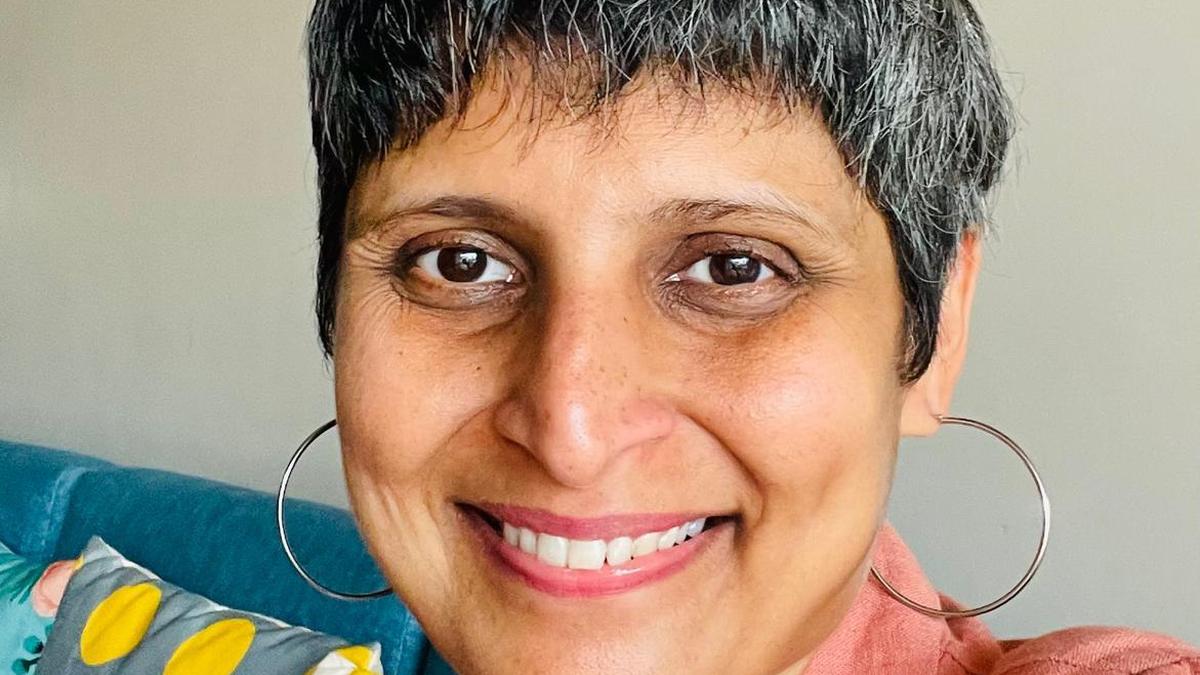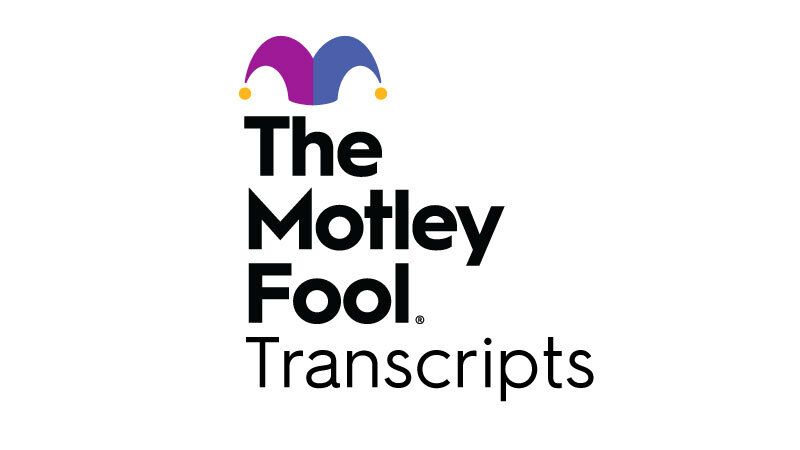Copyright thehindu

In 2023, during a trek through Uttarakhand, author Vaishali Shroff stopped at the Tehri dam. The vast, glassy expanse of water shimmered under the sun. But behind its calm, she sensed absence, an entire world drowned in silence. As her driver pointed to the reservoir and said softly that his home lay somewhere beneath those waters, the moment stayed with her. That submerged memory became the seed for Submerged Worlds and Other Amazing Stories of India’s Mighty Rivers, published by Penguin Random House earlier this year. The book is a collection of 21 stories that read as both intimate reflections and expansive chronicles of India’s rivers. Each story unfolds into several smaller narratives that reveal lives intertwined with these waterways. Shroff examines rivers as living entities, repositories of history, ecology and culture, while also tracing their slow decline under the weight of neglect and exploitation. “The word submerged,” she explains, “suggests that there are stories that have been deliberately kept from us, either ignored or buried under other agendas.” According to her, her intent is not only to inform but to restore these stories to public memory. In the course of the book, she moves through the Yamuna’s pollution, the encroached riverbeds of urban India and the vanished riverfronts that once sustained communities. There are accounts of dams that altered landscapes and displaced families, of glaciers retreating into fragility and of cities that now flood because their rivers can no longer breathe. To understand the anatomy of rivers, Vaishali enrolled in a water studies programme at Tarun Bharat Sangh. The course, she says, allowed her to see beyond the romantic image of rivers and into the science of their decline. “It helped me understand why rivers die, how they can be revived and what our role must be in that process,” she says. This foundation of research forms the bedrock of Submerged Worlds. For Vaishali, who is trained as an engineer but has spent the last 15 years as a writer, the book represents a confluence of method and emotion. It is her first work that she has both written and illustrated. The black-and-white sketches scattered across the pages were drawn during the writing process. “They are an extension of my storytelling,” she says. “Sometimes, what cannot be said in words can be drawn.” The line drawings offer pause in the text, moments for readers to absorb the depth of what has been lost and what still survives. Vaishali’s approach to the subject is not mournful but investigative. She brings together the voices of farmers, volunteers, scientists, archaeologists and activists. Their experiences and expertise form the collective memory that the book seeks to preserve. “These are their stories,” she insists. “I am only the medium, taking them from the rivers to the readers.” Her writing also attempts to bridge what she calls the “knowledge gap and action gap” in conversations around climate and ecology. While environmental awareness has grown, she observes that much of it remains confined to data and headlines, rarely translating into sustained engagement. By framing scientific and social realities through human stories, she hopes to build a more personal connection between readers and the natural world. While Submerged Worlds recounts damage and displacement, it also carries a thread of optimism. Vaishali highlights the efforts of individuals and groups who have dedicated their lives to river conservation. Organisations such as Jeevit Nadi and Pune River Revival and communities like the Rabaris, Warlis, Shompen and Nicobarese, who continue to live in harmony with their rivers. “It was important to show that there is hope,” she says. “That rivers can recover if we listen to them and to those who live by them.” Vaishali, who will be in Visakhapatnam for the Vizag Junior Literature Festival on November 8 and 9, will conduct sessions on Submerged Worlds and the art of weaving environmental narratives for young audiences (13 to 16 years age group). For her, the book’s most significant purpose lies in sparking curiosity among children. “The stories in this book may not clean polluted rivers or revive dead rivers on their own. If nothing at all, I hope that the stories make the readers, young and old, fall in love with rivers and take them on their own journeys along their flowing waters,” she says. Over the years, Vaishali Shroff has built a distinctive voice in children’s literature. A Bal Sahitya Puraskar 2025 nominee for Taatung Tatung and Other Amazing Stories of India’s Diverse Languages, she has authored about 50 children’s books and published over 350 stories in 22 languages. Her biography Meera Mukherjee: Breaking Moulds was selected for The White Ravens 2023 and she received the AutHer Award 2023 for Batata, Pao and All Things Portuguese. She has also written a film script, Rajasaur, on Indian dinosaurs, which has been screened and awarded internationally. Vaishali Shroff will be holding multiple sessions at the Vizag Junior Lit Fest to be held on November 8 and 9 at Hawa Mahal. Registrations for the sessions can be done at Tanishq (VIP Road), Pages Book Store and Book Magic Library.



